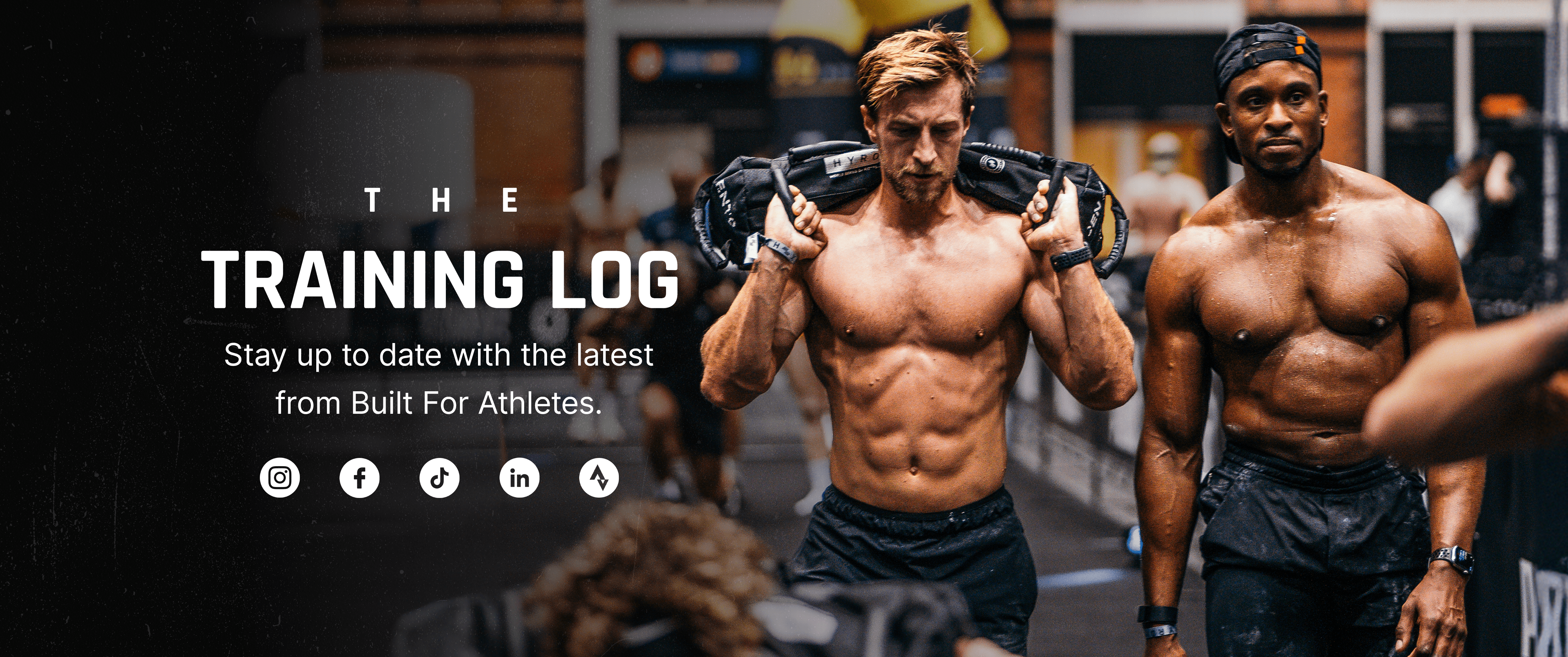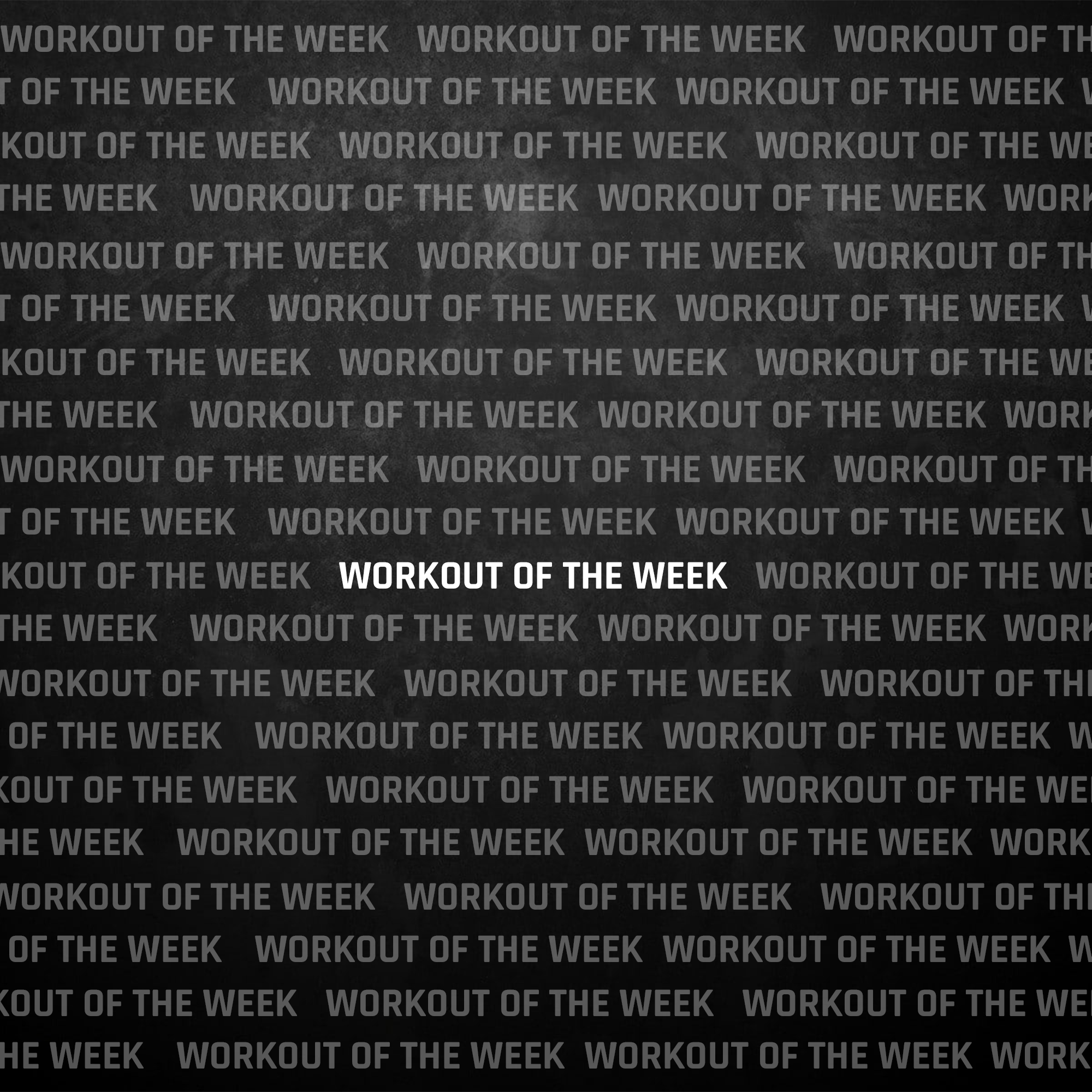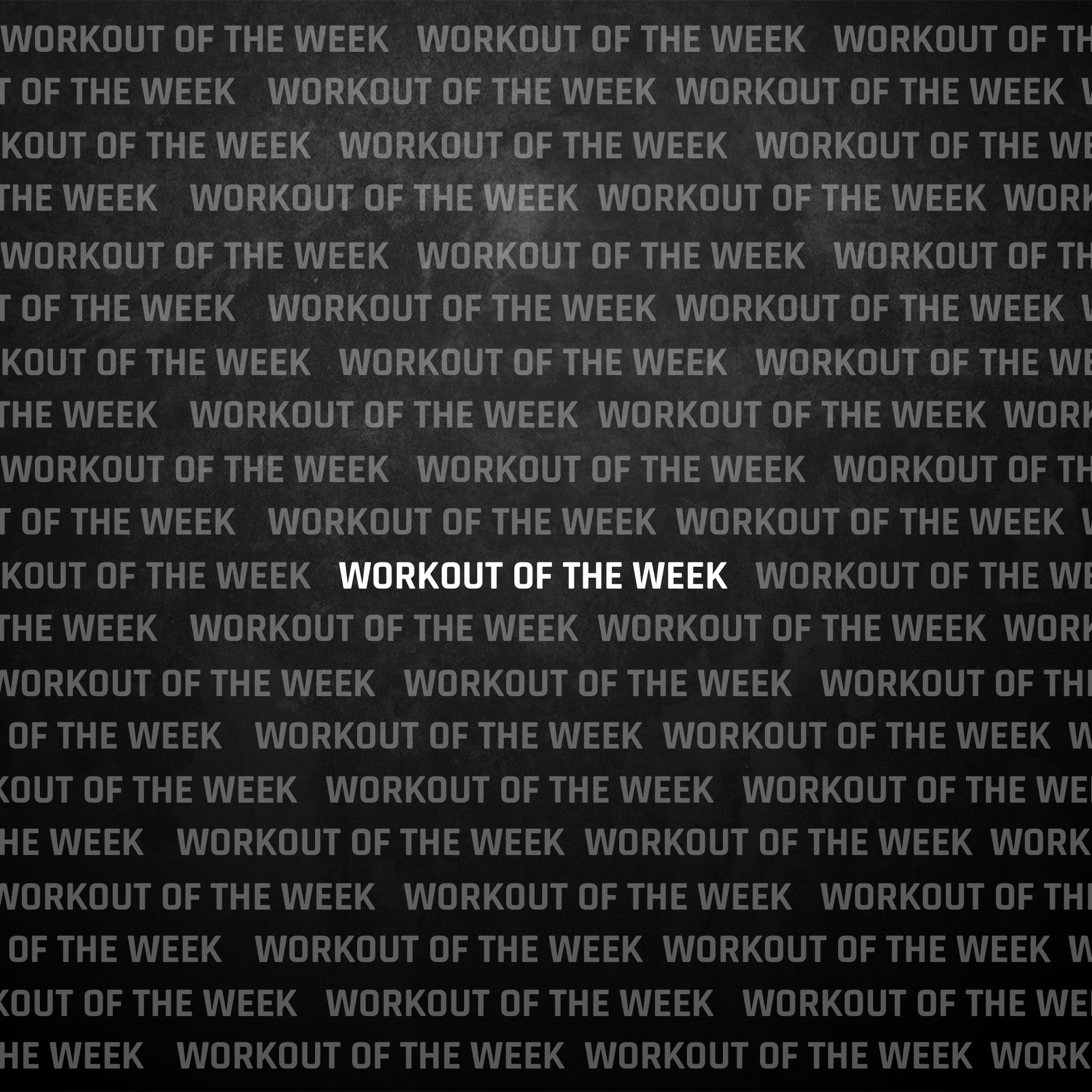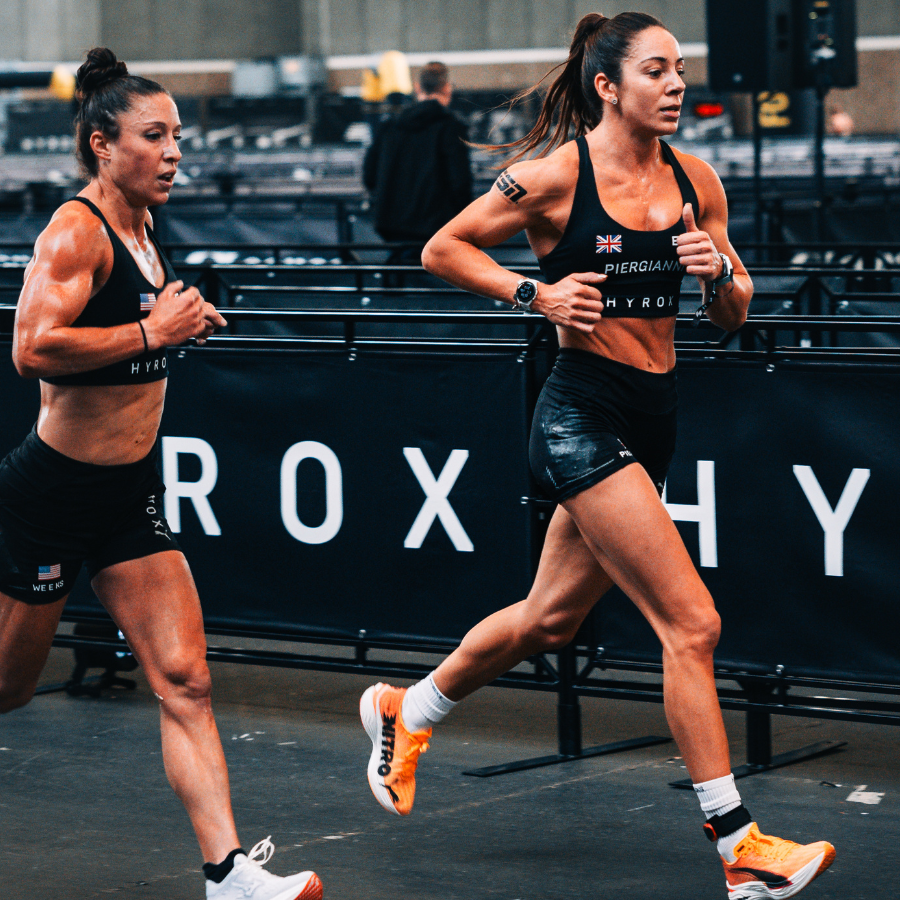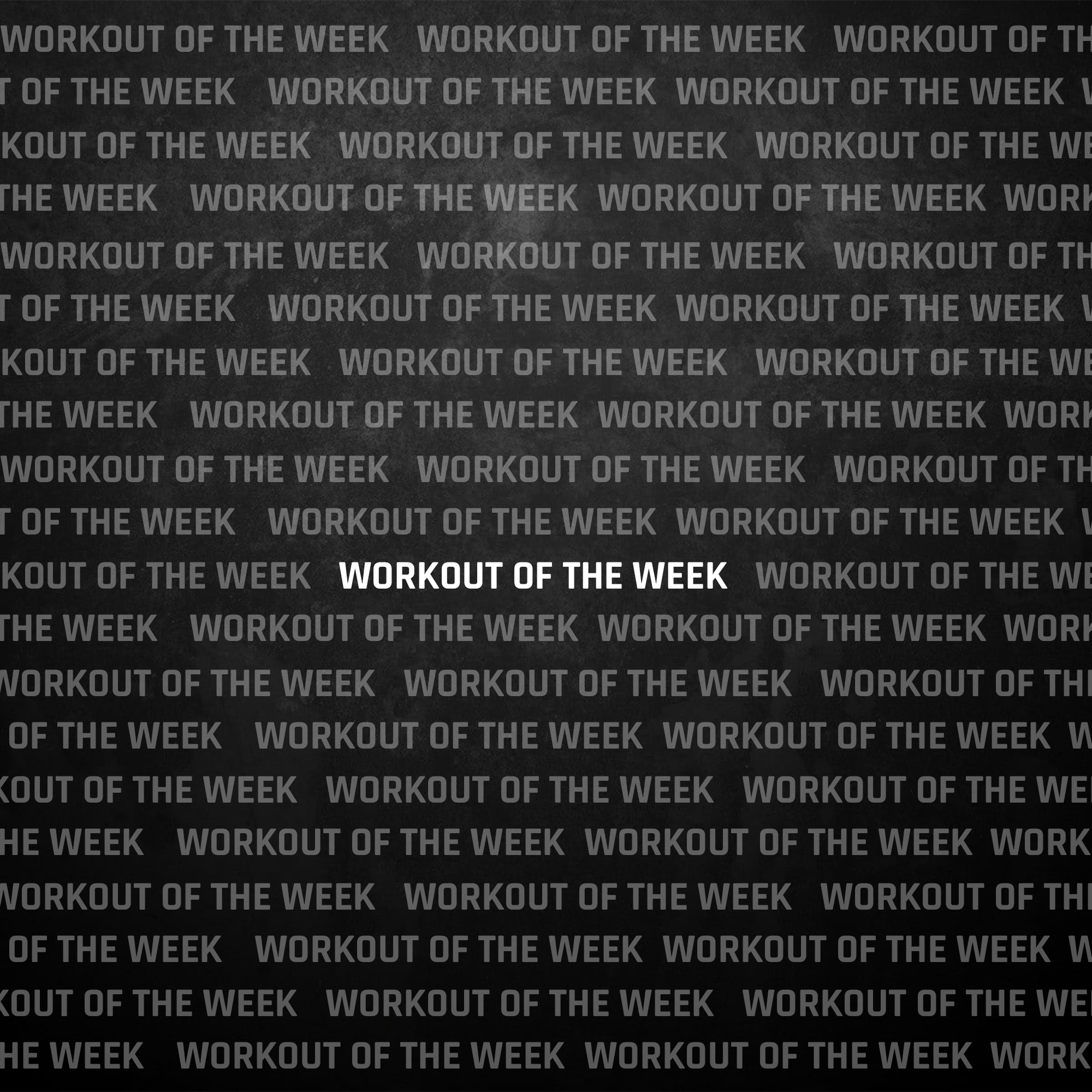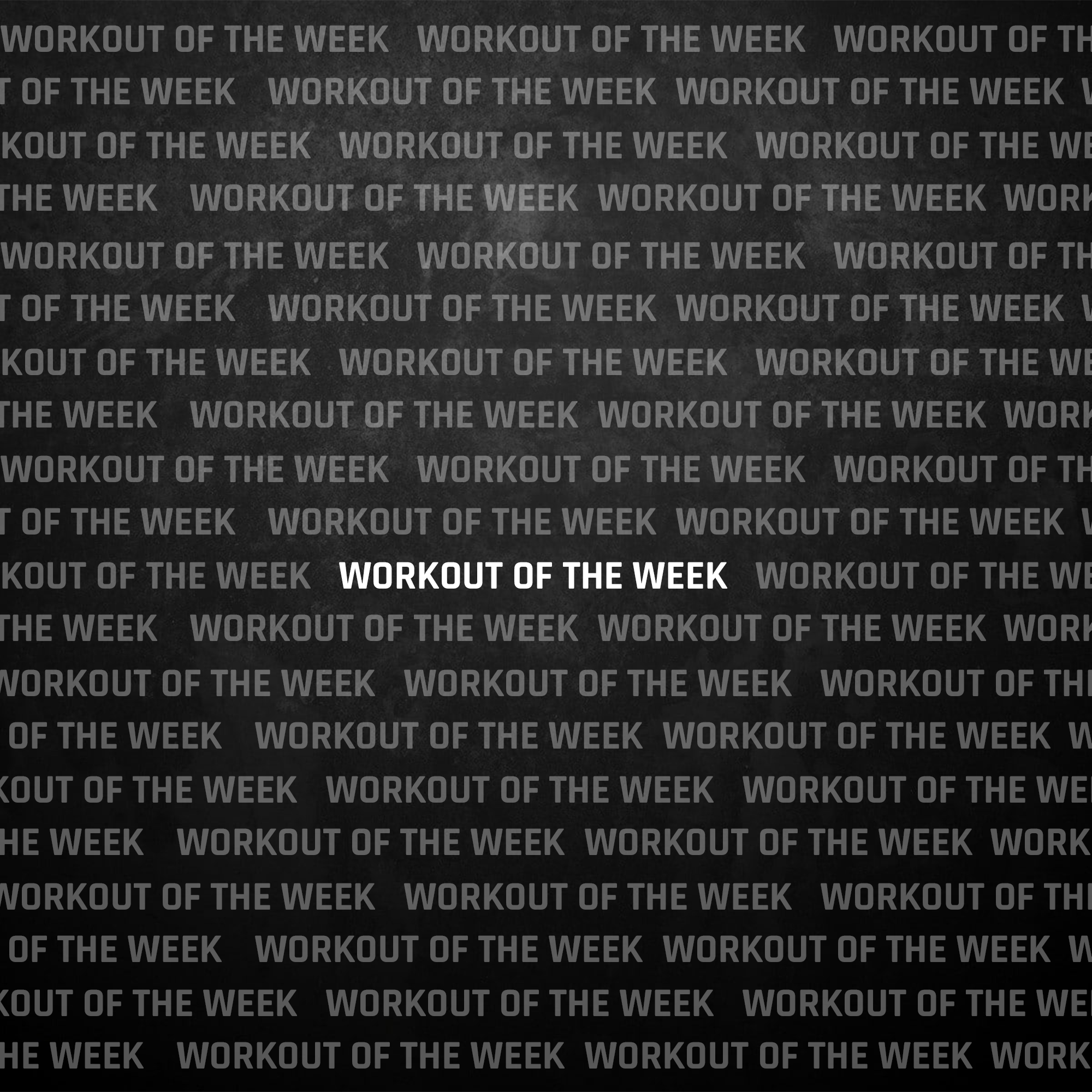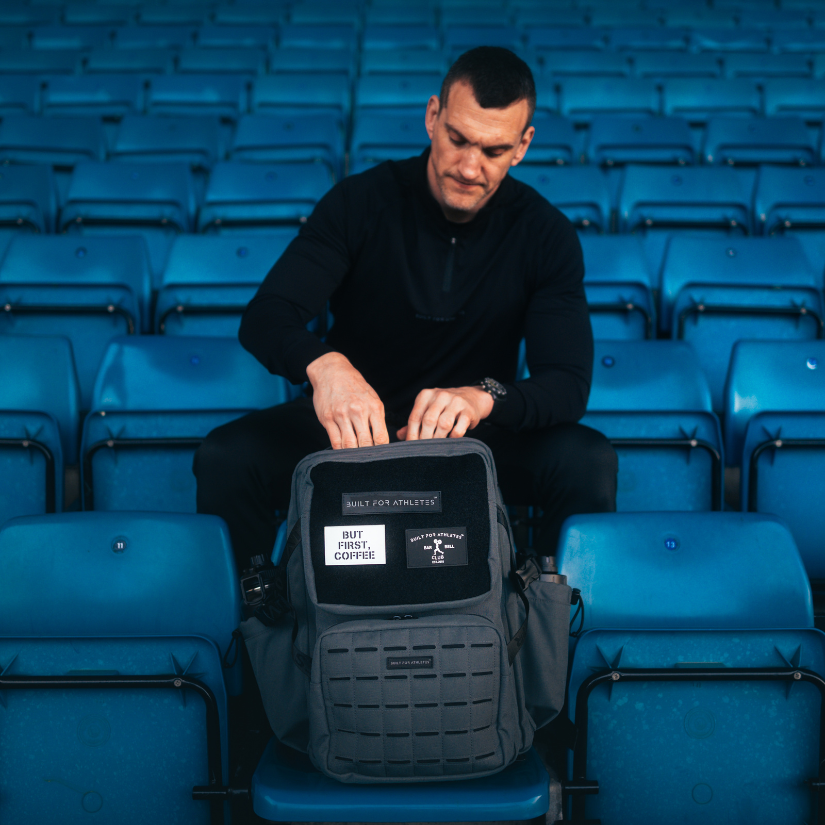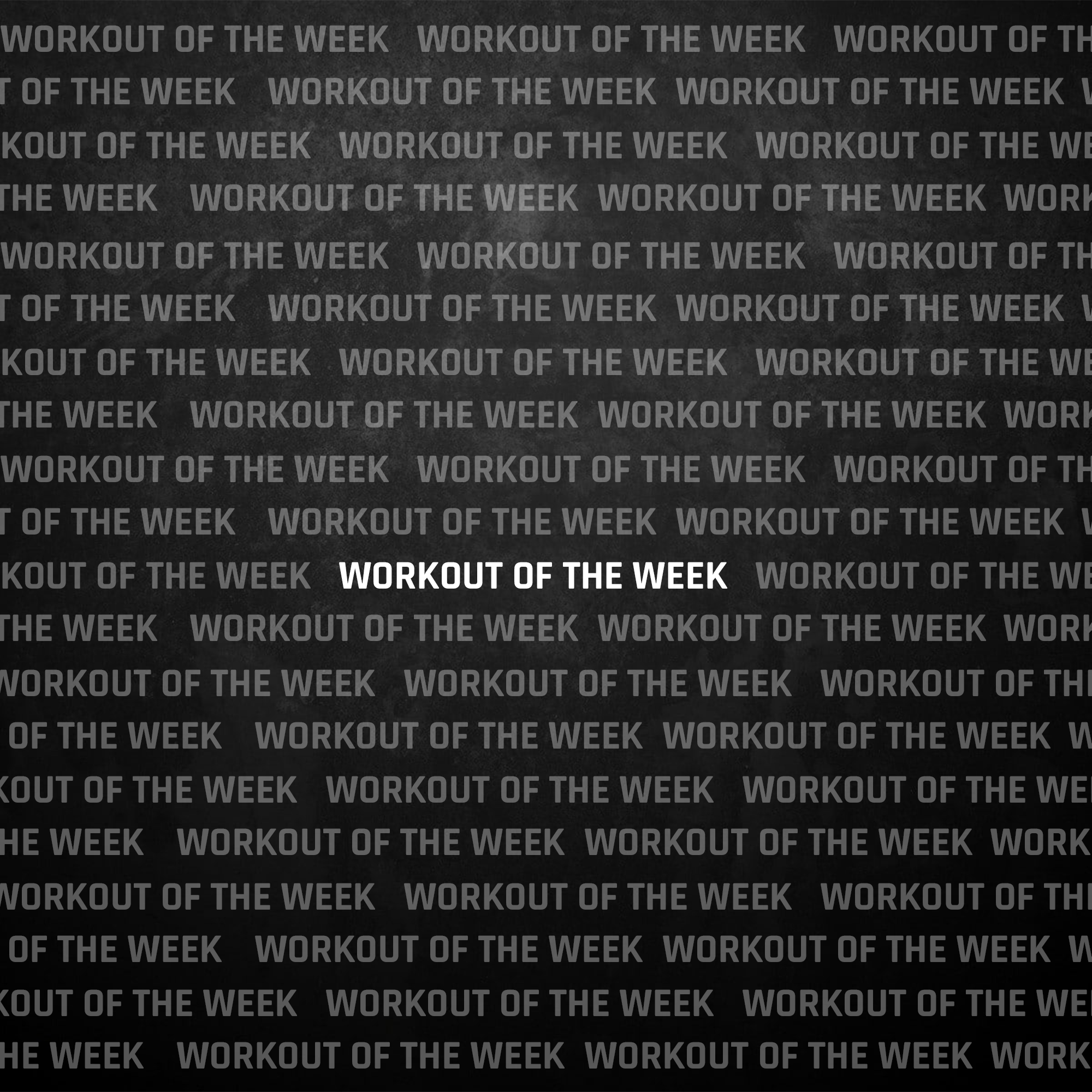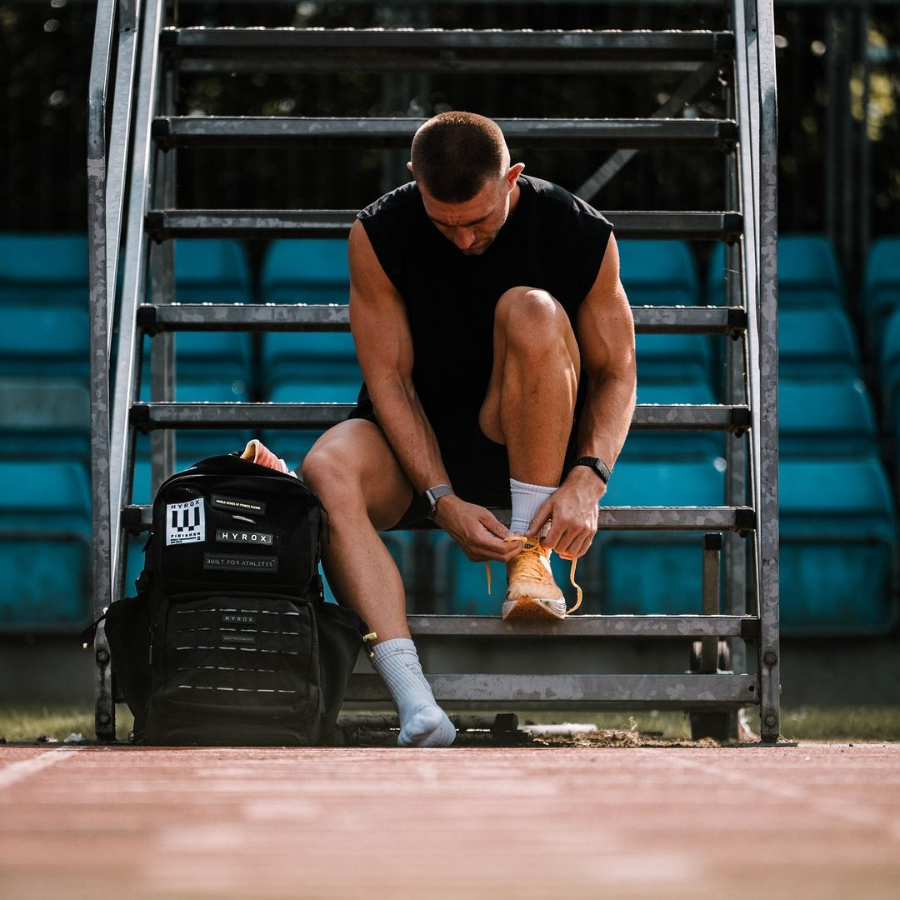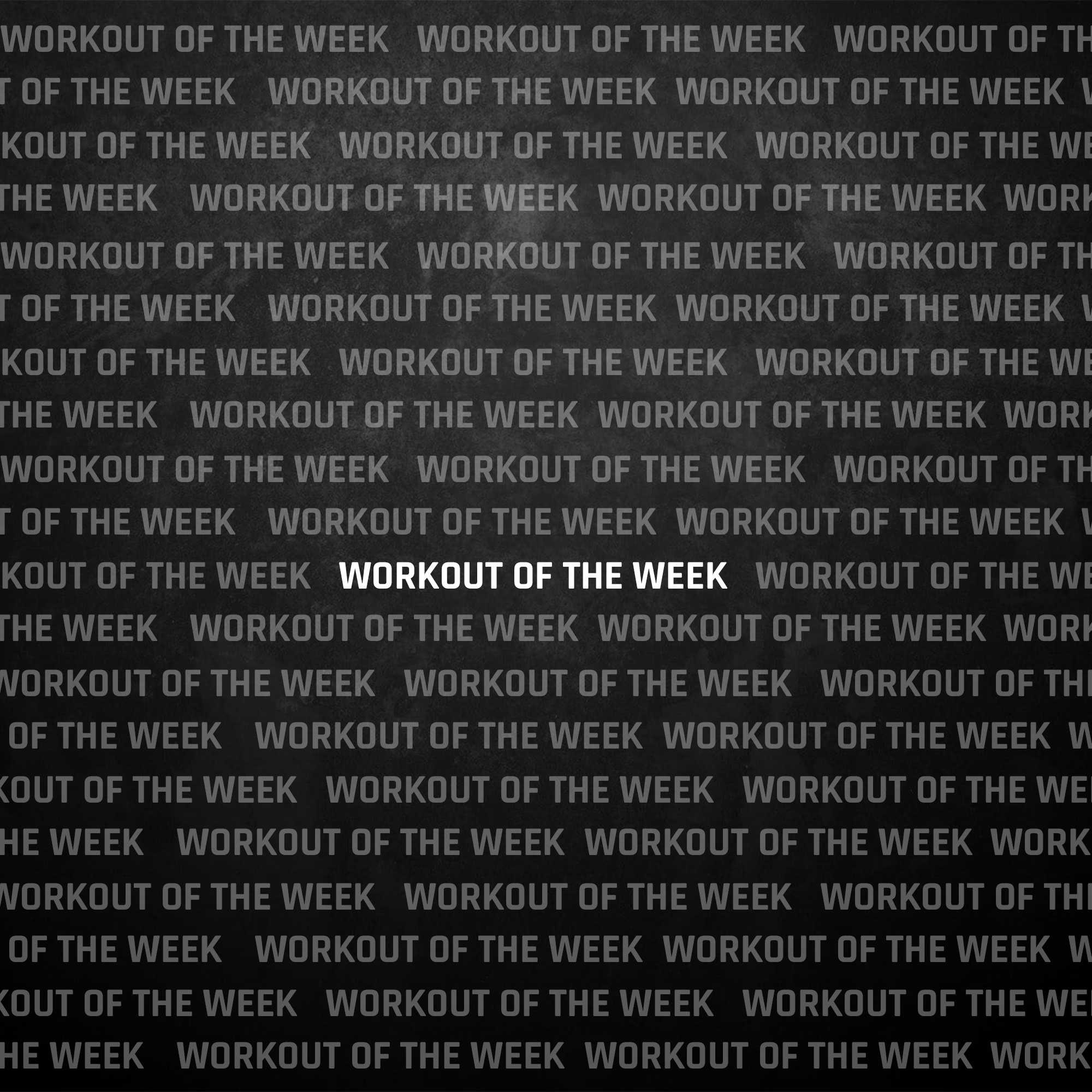Training Log News
#WOTW: Cycling Series - Monuments Edition
Celebrate The Monument Races Total Time: 75 minutesWorkout Style: Structured interval trainingTraining Environment: Indoor trainer or outdoor rideTarget Audience: Road cyclists, Zwift users, Monument race enthusiasts Warm-Up (10 Minutes) 5 minutes easy spinning at Zone 1–2 3 × 30 seconds...
WOTW: HYROX Physical Fitness Test
The P’F’T Workout 1000m Run(Outdoor or treadmill at 2% incline) 50 Burpee Broad Jumps(Target distance: 90 cm) 100 Stationary Lunges(Fully extended on each rep) 1000m Row 30 Push-Ups(Hand release at the bottom) 100 Wallballs(6kg for males / 4kg for females)...
Mastering the Wall Ball Station in HYROX: Training Tips and Fatigue Finishers The Wall Ball station in HYROX is a bit like marmite for most – you either love it or you dread it! However, Wall Balls have one of...
1a. RFE lunge plyo – 3x6 each side1b. Hip MB throw – 3x3 each side 2. Block clean – 4x3 3a. Back squats – 3x5 @ 80%3b. SL hip extension – 3x10 each side 4a. Incline bench press – 4x64b....
Transitioning from Winter to Spring Training by Jake Dearden
Spring Training Adjustments: How to Transition Effectively As the seasons change, so should your training approach. Moving from winter to spring requires adjustments to optimize performance, prevent injuries, and take advantage of improved weather conditions. Here are five key tips:...
#WOTW: Jake Dearden HYROX Series
Warm-Up2 Rounds: 30 sec Erg (Rowing Machine) 30 sec Hip Flow 30 sec Squat to Stand 30 sec Shoulder Dislocates Strength TrainingEvery 3 min x 4 Sets: 6-8 Back Squats 10-12 Dumbbell Romanian Deadlifts Workout4 Rounds (4 min on /...


